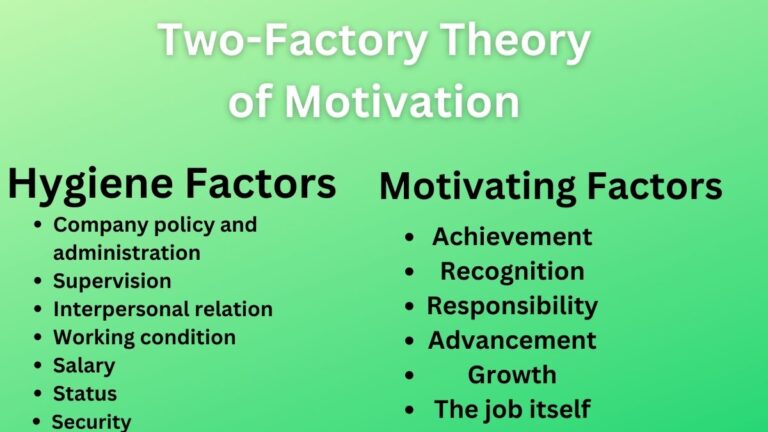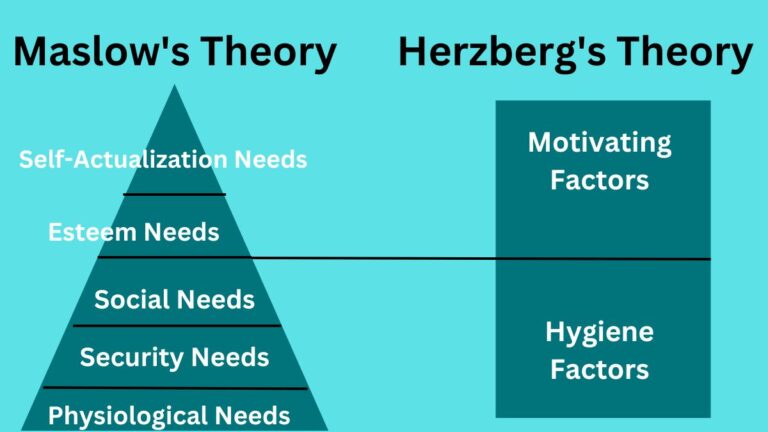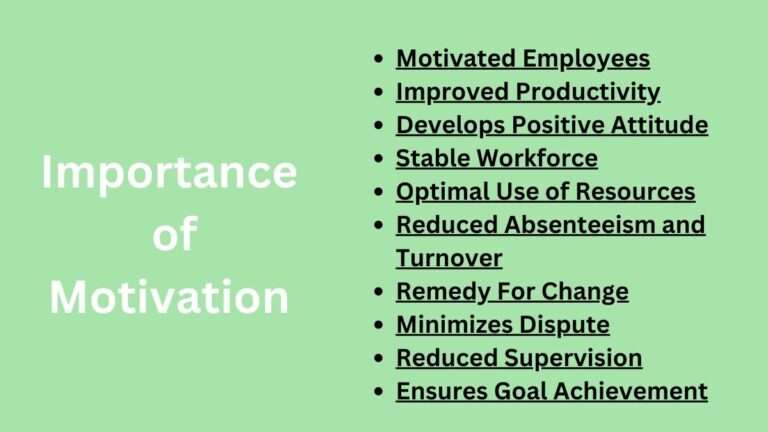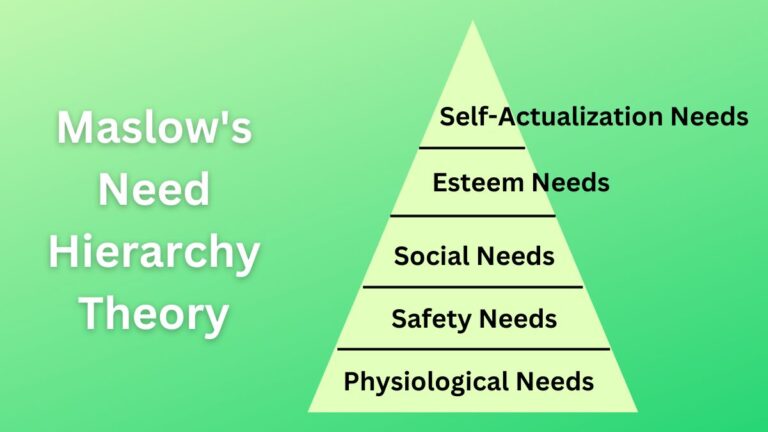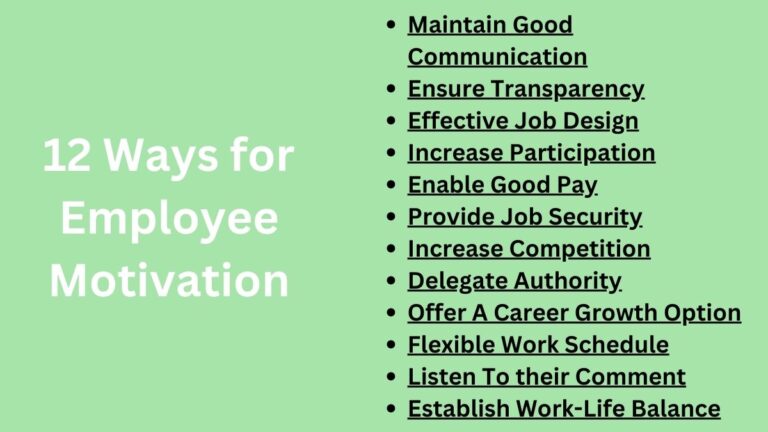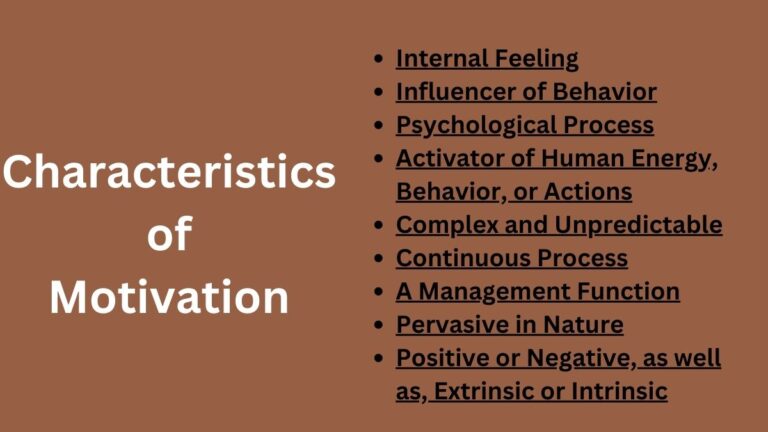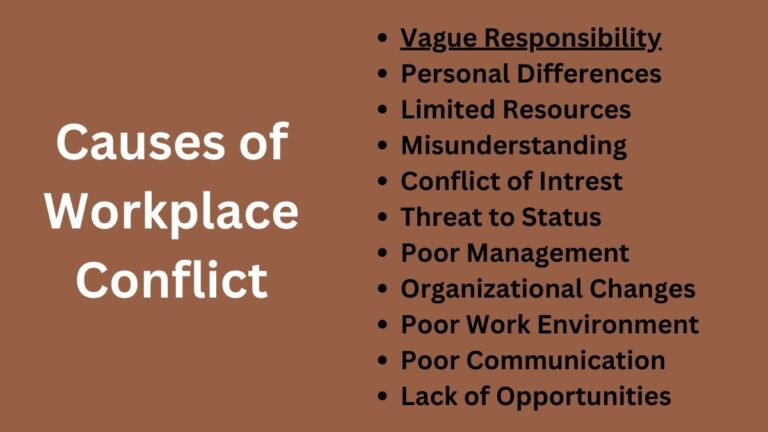What is Two Factor Theory? Definition, Factors, and Pros/Cons
What is Two Factor Theory? Psychologist Frederick Herzberg extended the work of Maslow and proposed a new motivation theory, popularly known as the Motivation Hygiene theory, two-factor theory, or Herzberg’s motivation theory. He conducted a widely reported motivational study to enquire about the factors that influence the satisfaction and dissatisfaction of employees on the job….
